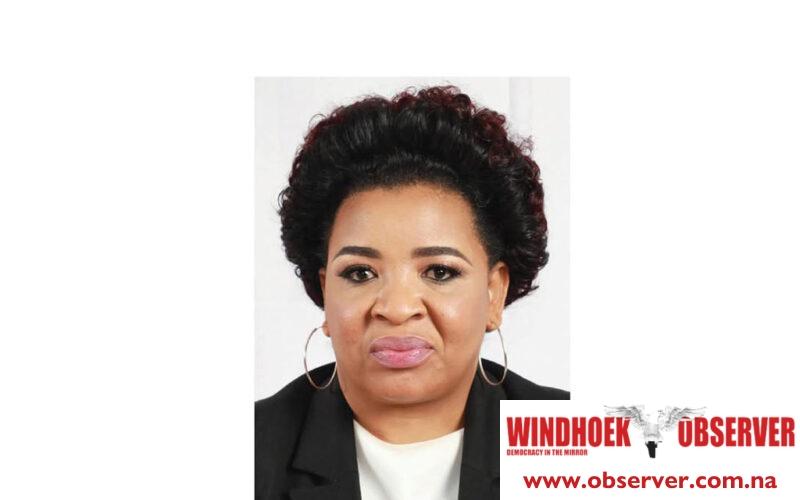Allexer Namundjembo
The Ministry of Urban and Rural Development has paid N$237.3 million to settle water bills emanating from restrictive measures imposed by the Namibian government during the COVID-19 pandemic.
In 2020, the government launched an initiative to curb the spread of COVID-19 by providing people with unlimited and free access to clean water in informal settlements and rural areas.
According to the Ministry of Urban and Rural Development’s executive director, Wilhelmina Shivute, the government has now settled payments covering over two years’ worth of water usage, from 19 March 2020 to July 2022.
“Regional and Local Authority councils were requested to submit verifiable claims for water supplied from March 19, 2020, up to July 2022. Some have not done so despite various communications sent to them more than once. There will be no extension in this regard,” Shivute said.
She confirmed that N$183 million was disbursed during the 2023/24 financial year and N$54.3 million in 2024/25.
To handle the claims, a joint task team was formed with officials from the Urban and Rural Development Ministry, the Ministry of Agriculture, Water and Land Reform, NamWater, the City of Windhoek, and the Association of Local Authorities in Namibia.
“The team was constituted to analyse and verify the correctness of the claims submitted by the regional and local authorities and NamWater for reimbursements,” said Shivute.
“All payments for the outstanding bills were settled to all regional councils and local authorities who submitted their invoices,” she said.
Last year, the government, through the same ministry, availed N$183 million to regional councils, local authorities, and NamWater to cover the costs incurred for providing free water to vulnerable groups during the Covid-19 lockdown period in 2020.
The then minister, Erastus Uutoni, stated that the funds formed part of the N$2.5 billion allocated to his ministry for the 2024/25 financial year.
Despite the payments, NamWater says many local and regional authorities still owe the water utility large amounts.
NamWater spokesperson Lot Ndamanomhata said the total debt stood at N$2.4 billion as of April 2025. This is up from N$2.1 billion recorded in June 2024.
“This poses a serious threat to the long-term sustainability of water supply in Namibia,” he said.
Local authorities make up the largest share of the debt, which totals N$889 million. The Rundu Town Council leads with N$333.9 million, followed by the Rehoboth Town Council at N$108.5 million.
In 2022, local authorities and regional councils were instructed to find ways to mitigate their losses as a result of the free water directive.
This was after local authorities had fallen into debt as a result.
Ndamanomhata said the rising debt is affecting NamWater’s ability to expand water services. “While NamWater currently serves 87% of the population, further expansion is at risk due to the financial strain caused by unpaid debts,” he said.
However, he noted some councils are making an effort to pay. “We are pleased with the overwhelmingly positive responses we’ve received from local authorities so far. We will continue to approach others and encourage them to meet their financial commitments,” he said.
Rehoboth Town Council is among those cooperating. Mayor Justin Coetzee said they have signed a payment agreement. “We had discussions with NamWater, and we have entered a monthly payment arrangement,” he said.
Efforts to get a response from the Rundu Town Council were unsuccessful. Their spokesperson, Benjamin Makayi, did not reply to questions about whether they had agreed to a repayment plan.
NamWater says it will continue supporting councils through structured agreements, but settling debts on time is key to improving water supply infrastructure.




